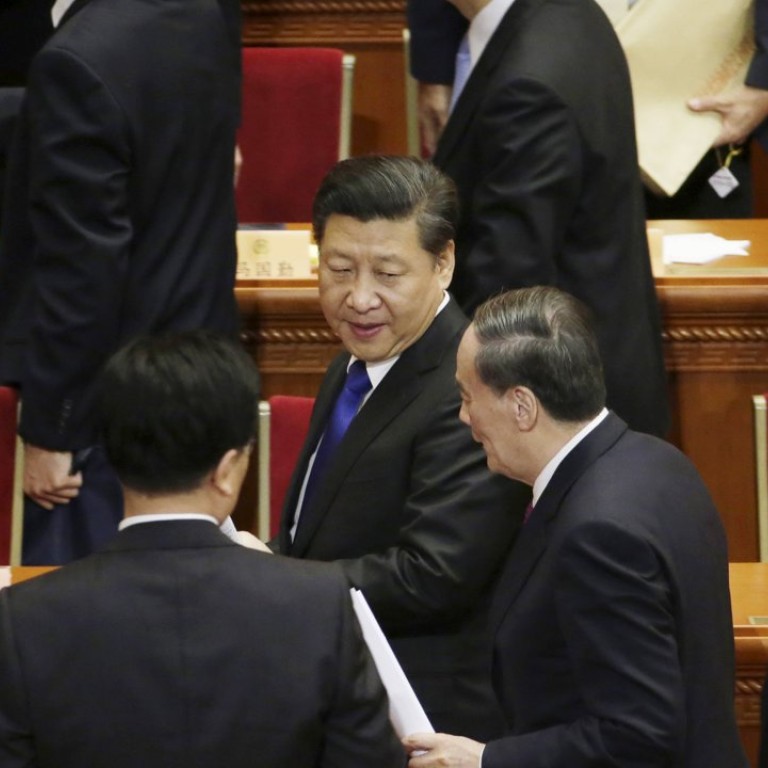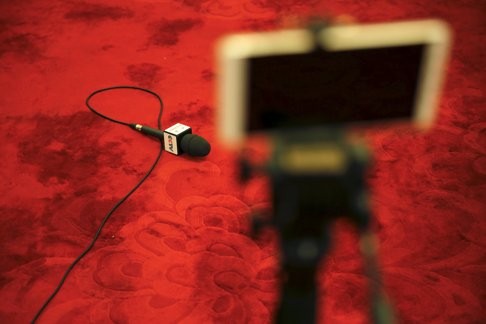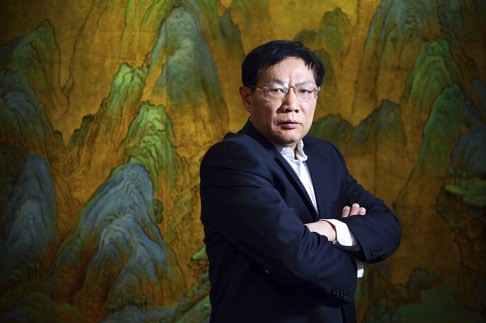
Tense start to China’s political sessions
At opening ceremony where restraint is the default setting, a few surprises and unscripted moments can fuel all sorts of speculation
The overriding atmosphere at the opening ceremony of China’s political consultative body on Thursday was – in a word – tense. Not surprising given the annual pow-wow of the governing class has arrived at such a strained time for the nation.
Only a few days ago, Ren Zhiqiang, a real estate tycoon known for his bold criticism of the Communist Party, came under attack from several state media outlets. Ren, a party member, had slammed a media pledge to maintain “absolute loyalty” to the party. In the aftermath, his mainland-based social media accounts were shut down.
Adding to the tension in the Great Hall of the People was a rule introduced last October that calls for members who make “groundless comments” about the party leadership to be reprimanded.

Many were caught off guard by the notice, given it came just hours before the start of the ceremony.
Selfie sticks, used by many reporters to take photos of delegates submerged in crowds, were also banned from the People’s Great Hall, again for the first time.
Politburo members seated on the rostrum appeared to be stiff throughout the ceremony.
Even whispering was rare. Chinese President Xi Jinping barely talked to anyone on the rostrum, until Wang Qishan, the party’s anti-graft chief, ran up to him after the ceremony.
It was unclear what Wang, widely seen as Xi’s friendliest ally in the Politburo Standing Committee, found so urgent.
But an unusual article published by the party’s top anti-graft watchdog that went viral on Thursday raised some eyebrows.
“[We should be] not afraid of wrong comments, but afraid of no comments at all,” it read.
“Whether diverse opinions and suggestions were allowed could always determine the rise or fall of a dynasty.”
The article was interpreted as support for Ren, who was known as one of Wang’s good friends for decades.

At such events, protocol is telling, and for the first time, Ding Xuexiang was seated beside deputy national officials in the row behind the president.
Ding was one of Xi’s aides when he was stationed in Shanghai nine years ago. He was promoted to first-ranking deputy chief of staff in the past year.
Last year, the seat was occupied by Chen Shiju, a top aide to former president Hu Jintao. This year, Chen was sat at the back.
Unlike Chen, who is an extremely low-profile cadre, Ding exchanged quite a few words with top judge Zhou Qiang, who was seated beside him.
As Xi left his seat for the exit at the end of the ceremony, many cadres around Ding reached out their hands to shake his own.

